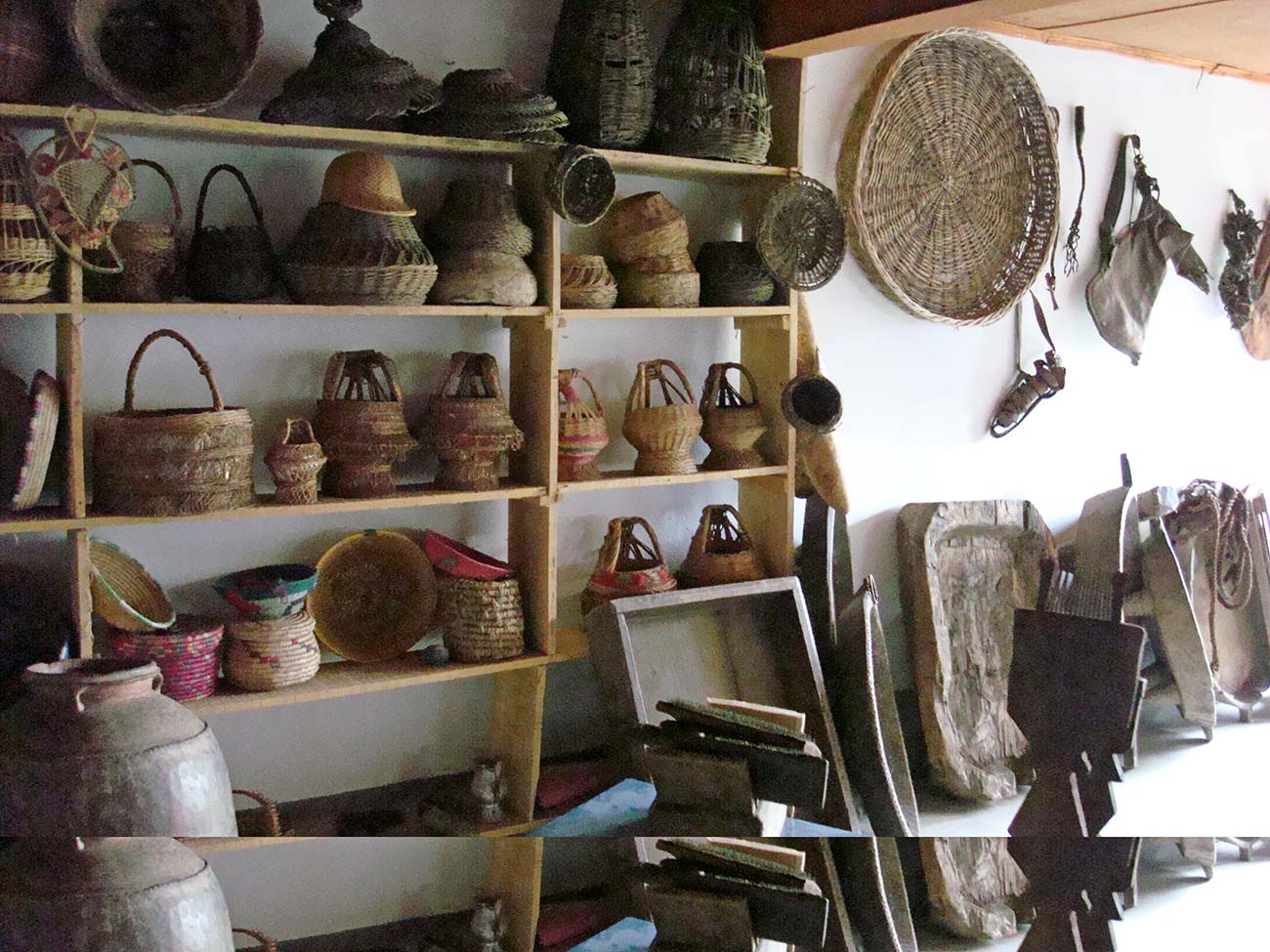Though being considered as one of the brilliant contemporary poets, Ghulam Mohammad Shah aka Mushtaq Kashmiri is little known in Kashmir. As neither he nor his books are available here. Saima Bhat reports.
Born in 1936 in a middle-class family at Kaw Mohalla, Khanyar in Srinagar, the poet’s life has been tumultuous and “unsettled”.
He is living at Rawalpindi, Pakistan in a self-imposed exile with his wife and four daughters while his other two daughters and two sons, all married, live in Srinagar. His other son, who was a militant, was killed in an inter-group clash and one had died a natural death in his childhood.
During his stay in Srinagar, Shah served many government departments. He also worked at Radio Kashmir but having “disagreements” with the establishment he resigned from that job and devoted his time exclusively to his writing.
The contemporary poets in Kashmir consider Mushtaq Kashmiri a“reformist with strong religious leanings.” His first book, Shore Mehshar (the clamour of the Judgement day) was published in June 1970. He mostly writes in Kashmiri but also occasionally in Urdu as well. Kashmiri’s writings include a huge collection on social issues written in the context of religion. He also writes about contemporary issues with many poems about turmoil and killings in Kashmir.
Poet Zareef Ahmed Zareef, says that Kashmiri’s writings are comparable to Sir Mohammed Iqbal and Altaf Hussain Haali.
“Mushtaq Kashmiri is a fearless poet. His writings appealed and many times convinced people not to deviate from their religion, Islam,” he said.
“One of his verses chekya zirawro wuth waqteke insane panunQuran…(Why don’t you seek guidance from Quran) amply signifies his beliefs and ideology,” Zareef said.
His writings cannot be found in public libraries in Kashmir, for his “views were perceived to be anti-establishment.”
Mohammed Ashraf Tak, editor Urdu section at the J&K Cultural Academy says, “We haven’t kept any of his works here except one because he was considered to be anti-establishment.”
He was a close associate of QariSaif-ud-din, a founder member of J&K Jamaat-i-Islami.
The poet’s life has been full of struggle but the problems grew exponentially when his house at Khanyar was gutted in a fire, says one of his former neighbours wishing not to be named. “After the fire incident the family shifted to Gulab Bagh, in the eastern outskirts of the city, where pro-government gunmen attacked them many times,” he said.
In another incident, says one of his daughters living in Srinagar, Ahmad, his son who was a militant, was arrested and interrogated in front of the family members. “Our mother was also beaten badly,” she said.
Mushtaq Kashmiri being very close to his younger son Ahmad, stayed in Jammu till his son was released fromKathua jail in Jammu so that he could visit him whenever possible.
After being released Ahmed rejoined militancy. “In 1992, pro-government Ikhwanisransacked our home in GulabBaghand shot one of our sisters in the abdomen. Her intestines oozed out,” says Mehmooda, daughter of Mushtaq Kashmiri. Mehmooda is married to Abdul Aziz Dar alias General Moosa, a former commander of Hizbul Mujahedin. “They (Ikhwanis) were looking for Ahmad,” she said.
After this incident, troopers frequently raided the house, harassing whoever was present there, forcing them to change their residence, she said. The family finally rented a house in SaidaKadal area of the city.
Meanwhile, Ahmad was killed and it was a setback for the whole family, especially Mushtaq Kashmiri.“Those days were very tough for us. People even our relatives stayed away from us,” she said.
During one nocturnal raid government forces picked up Mehmooda’s two sons, who were then in class 8th and class 1st. “When they were released later, we feared for their life and my father (Mushtaq) took them to Pakistan,” Mehmooda said. He returned after some time but was forced to go back due to “threatening calls from the CID officials,” she claimed.
Then he came back after 10 years but the“threatening calls” were back, Mehmooda said. He took along his four unmarried daughters and his wife and migrated to Pakistan.
Mehmooda says because of the “tag of militancy” attached to their family, her sisters could not find suitors in Kashmir. Mushtaq has married off one of the four daughters to a Kashmiri in Pakistan. Three are still unmarried.
He is presently working with Pakistan Television as a scriptwriter and “was awarded a gold medal by its government,” says his daughter.
People who knew Kashmiri say that his health deteriorated after the killing of his son Ahmad ul Islam. His book Tohfae Shaheed is written in the memory of his son.
Zareef says,“after meeting Mushtaq in a programme, he looked sad and disturbed with pain evident on his face.”
Senior journalist Shujaat Bukhari, who met the poet recently in Pakistan said, “When I met Mushtaq Kashmiri he was very restless, he wants to come back to his motherland but some family problems are a hindrance in his return.”
A few months earlier Mushtaq published Suragai Zindagi, a collection of essays and his Kashmiri translation of Iqbal’s famouspoemJawab-e-Shikwais expected to hit the market soon.















